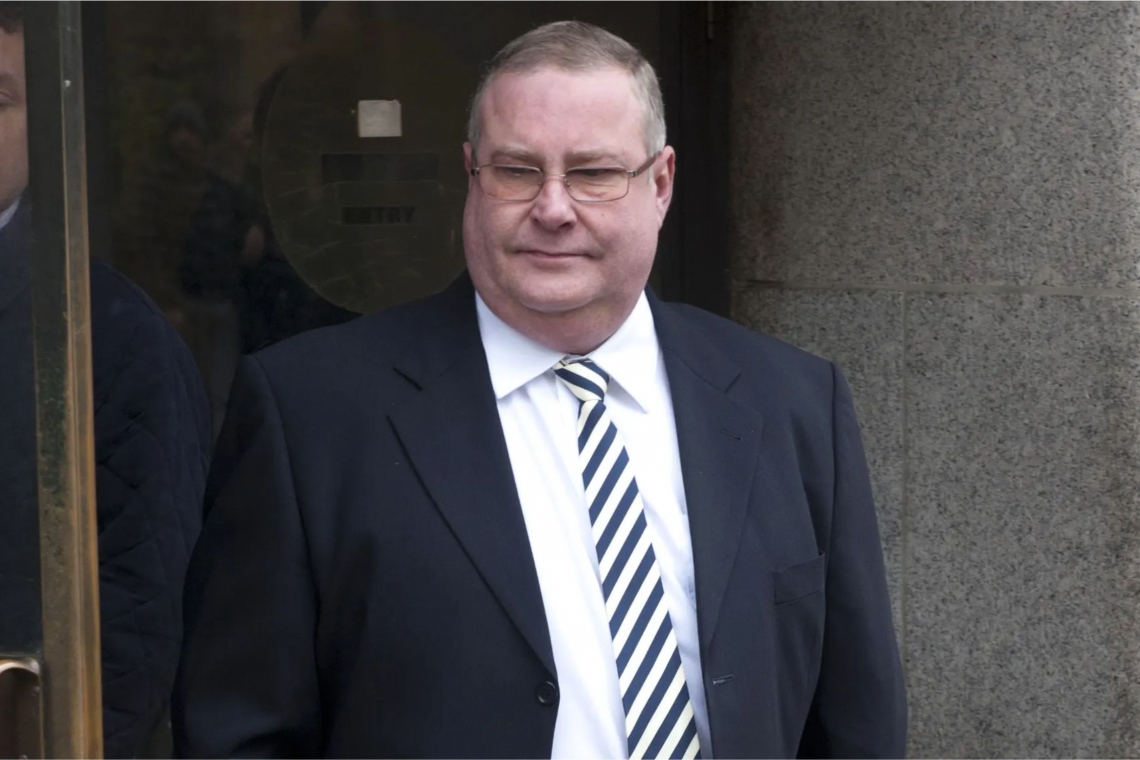A high court judge in London ruled on Wednesday that Jonathan Rees and Glenn Vian should each receive £155,000, and Garry Vian should get £104,000.
Mrs Justice Cheema-Grubb announced the sums after court of appeal findings in the men’s favour relating to malicious prosecution and misfeasance in public office.
The three, who were charged with murder in 2008 following the investigation into the alleged contract killing of Daniel Morgan in a pub carpark, originally lost their damages claim in the high court, but won an appeal last year.
They were prosecuted after Morgan was found murdered in a car park at the Golden Lion in Sydenham, south-east London, in March 1987.
He had received four or five blows to the head with an axe, which was left embedded in his face.
The men were arrested and charged in April 2008 but, in March 2011, proceedings were discontinued, and not guilty verdicts entered.
Cheema-Grubb’s award included a sum to “highlight and condemn the egregious and shameful behaviour of a senior and experienced police officer”, DCS David Cook, who oversaw the investigation.
She said: “That the case is of public importance can hardly be doubted. In 2013 the home secretary set up an independent panel into the murder of Daniel Morgan.
“The panel has not yet reported but its terms of reference include addressing ‘the role played by police corruption in protecting those responsible for the murder from being brought to justice and the failure to confront that corruption’.”
The evidence of a man called Gary Eaton, which was a major plank of the crown case, had been excluded from the prospective trial because the officer was found to have compromised Eaton’s 2006 debriefing.
At the high court in 2017, Mr Justice Mitting said Cook had carried out an act “which tended to pervert the course of justice” but his motive was to bring those he believed to be complicit in the murder to justice.
Allowing the men’s subsequent appeal from the high court ruling, Lord Justice McCombe, sitting with two other leading judges, said Cook was undoubtedly a “prosecutor” who acted maliciously.
“He knowingly put before the decision-maker a case which he knew was significantly tainted by his own wrongdoing and which he knew could not be properly presented in that form to a court.”
A hearing before Cheema-Grubb was held earlier this year to assess the sums to be awarded following the court of appeal judgment.
Announcing her decision, she said the reason a judge at the Old Bailey ruled that Eaton’s evidence should be excluded was because Cook “had compromised the integrity of the evidence Eaton proposed to give by initiating or allowing extensive contact with the witness in contravention of express agreements and accepted procedures”.
“During this period Eaton’s evidence, initially innocuous, expanded appreciably to include presence at the scene of the killing shortly after its commission together with knowledge of the claimants in the vicinity.
“Despite the ruling, at first the crown indicated that the trial was to proceed on other evidence, but in March 2011 the judge was told that the prosecution was to be discontinued. No evidence was offered and each of the claimants obtained not guilty verdicts.”
Cheema-Grubb said “honest belief in guilt cannot justify prosecuting a suspect on false evidence”.
Met Police Service declined to comment on this article.


